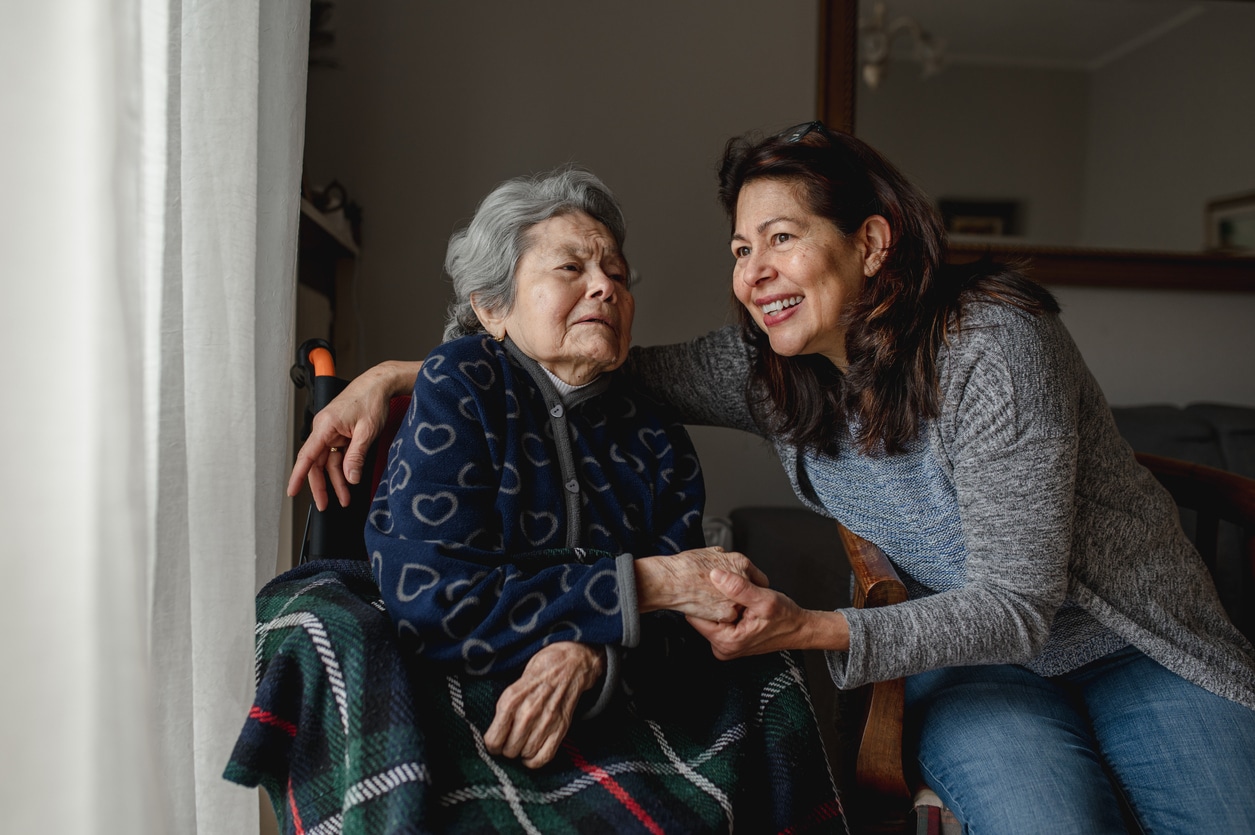Caregiving is often described as one of the most rewarding roles a person can undertake. Whether you’re providing care professionally or helping a loved one, the fulfillment that comes from making a difference in someone’s life is significant. However, caregiving is not without challenges. Over time, the responsibilities can take a toll, leading to what is commonly known as caregiver stress syndrome.
This condition is more than just occasional stress; it’s a persistent state of mental, emotional, and physical exhaustion caused by the demands of caregiving. Recognizing the signs and taking proactive steps to manage them is essential for your well-being and your ability to continue providing care effectively.
What Is Caregiver Stress Syndrome?
Caregiver stress syndrome is a form of burnout that occurs when the responsibilities of caregiving become overwhelming. This is especially common among family caregivers who juggle caregiving with jobs, parenting, and other commitments. Professional caregivers are also susceptible due to the emotional and physical demands of their work.
If left unaddressed, caregiver stress syndrome can lead to serious health issues, strained relationships, and reduced quality of care for the person receiving support.
Symptoms to Watch For
Identifying the signs of caregiver stress early can prevent it from escalating into a more serious problem. Common symptoms include:
- Difficulty sleeping
- Persistent feelings of sadness or depression
- Physical exhaustion
- Frequent headaches or muscle pain
- Social withdrawal or isolation
- Increased irritability or anger
- Feelings of helplessness or hopelessness
- Health issues such as high blood pressure or a weakened immune system
Experiencing one or more of these symptoms doesn’t mean you’ve failed as a caregiver. It’s a signal that you need to prioritize your own well-being.
Steps to Combat Caregiver Stress
Managing caregiver stress begins with self-care. Although it may seem counterintuitive, taking care of yourself ensures you can continue to provide the best care for others.
Prioritize Sleep
Getting adequate rest is crucial. Sleep deprivation impacts your ability to concentrate, solve problems, and respond to emergencies. Create a bedtime routine to help signal to your body that it’s time to unwind.
- Turn off electronic devices at least 30 minutes before bed.
- Avoid caffeine and alcohol in the evening.
- Consider relaxation techniques, such as a warm bath or deep breathing exercises.
A good night’s sleep not only replenishes your energy but also improves your mood and cognitive function.
Make Time for Exercise
Physical activity is a natural stress reliever. Whether it’s a brisk walk, yoga session, or bike ride, regular exercise can improve your physical health and mental clarity.
- Try to incorporate at least 30 minutes of activity into your daily routine.
- Explore group activities, such as joining a sports club or fitness class, for additional social engagement.
Even low-impact exercises, such as stretching or gentle yoga, can make a difference.
Maintain a Balanced Diet
Eating nutritious meals can stabilize your energy levels and improve your overall health. Caregivers often neglect their own meals while focusing on those they care for, but consistent, healthy eating is vital.
- Include plenty of fruits, vegetables, and whole grains in your diet.
- Avoid processed foods and excessive sugar.
- Prepare meals ahead of time to make healthy eating more convenient.
Engage in Hobbies
Don’t lose sight of the activities that bring you joy. Hobbies allow you to recharge and give you something to look forward to. Whether it’s painting, gardening, reading, or playing music, these moments of leisure are essential.
Spending time on activities you love—even for just 30 minutes a day—can help reduce stress and boost your happiness.
Take Time Off
Everyone needs a break, and caregiving is no exception.
- If you’re caring for a loved one, consider hiring a professional caregiver for temporary relief.
- If other family members are available, ask them to share the responsibilities.
Taking a day off doesn’t mean you’re abandoning your duties; it means you’re ensuring your own well-being so you can continue to provide quality care.
Build a Support Network
Isolation can exacerbate caregiver stress. Sharing your experiences with others who understand what you’re going through can provide emotional relief and valuable coping strategies.
- Join a caregiver support group in your community or online.
- Discuss your challenges with trusted friends or family members.These conversations can offer perspective and remind you that you’re not alone in this journey.
Set Realistic Expectations
It’s important to recognize that you can’t do everything. Setting boundaries and being realistic about what you can accomplish prevents burnout and helps you focus on what truly matters.
If you’re caring for a loved one, consider using tools like a medical alert system to give both you and your loved one peace of mind. These devices provide instant access to help in emergencies, reducing the pressure on you to be available 24/7.
The Role of Medical Alert Systems in Caregiving
Medical alert systems can be a game-changer for caregivers. These devices provide a safety net, allowing your loved one to access help when needed, even when you’re not there.
With features like fall detection and emergency response, medical alert systems ensure that your loved one receives timely assistance, giving you the confidence to take necessary breaks.
Finding Balance as a Caregiver
Caregiving is a noble and fulfilling role, but it can also be incredibly demanding. By recognizing the signs of caregiver stress and taking proactive steps to address them, you can maintain your health and well-being while continuing to provide excellent care.
Remember, seeking support and taking time for yourself is not selfish—it’s essential. By prioritizing your own needs, you’re not only improving your quality of life but also ensuring you can be the best caregiver possible.




